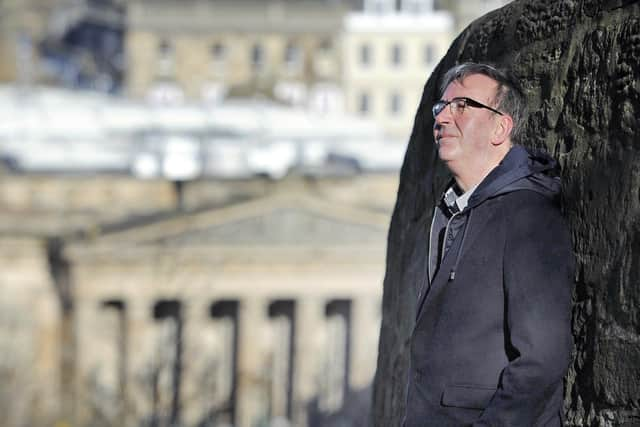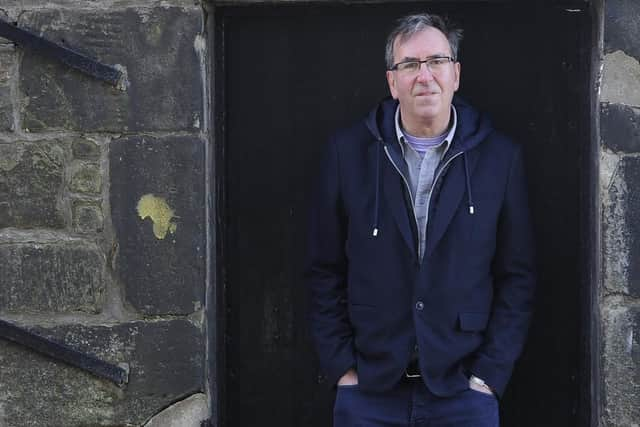‘Scotland the Best’ author warns future prosperity of country is at risk over arts funding
One of Scotland's leading tourism and events experts has warned that the future prosperity of the country is at risk if arts funding is neglected in future years.
Pete Irvine, who has been involved in many of Scotland’s biggest events, suggested culture was being under-funded despite becoming one of the nation’s biggest selling points along with its history and landscapes.
Advertisement
Hide AdAdvertisement
Hide AdHe has highlighted how publicly-funded venues and institutions were essential in keeping “landmark” historic buildings in use in Edinburgh and Glasgow, and sustaining local businesses.


He has also spoken of the importance of investing in grass-roots organisations and events, like Edinburgh’s Hidden Door festival, to ensure that the city’s cultural scene was not dominated by imported shows, exhibitions and events in future.
Mr Irvine, the co-founder of Regular Music and Unique Events, and the long-time organiser of Edinburgh's Hogmanay festival, raises concerns about the future of the cultural sector in the new edition of his book Scotland the Best.
Mr Irvine, who worked on Glasgow’s European Capital of Culture programme in 1990, the opening of the Scottish Parliament in 1999 and the Highland Year of Culture in 2007, was also involved in UK City of Culture bids for Dundee and Paisley.
However he said it had become increasingly hard to stage ambitious and innovative events run on a non-profit making basis due to a lack of available resources.


His new book highlights the National Gallery in Edinburgh, which underwent a £38.62 million revamp last year, Glasgow’s Burrell Collection, which has just undergone a £68.25 revamp, Dundee’s V&A museum, which opened in 2018, and Aberdeen Art Gallery, which was expanded and overhauled in a £34 million project in 2019, as being among Scotland’s most significant attractions.
Mr Irvine said: “Culture is a really big part of what Scotland offers to visitors.
Advertisement
Hide AdAdvertisement
Hide Ad"Most of it is on offer in really interesting, landmark buildings, which are part of the fabric of our cities. Culture is essential to them.
"Cultural venues, events, theatres, orchestras – they all depend on public money.


"That’s a very difficult challenge given the limited funding that's now available for culture. What I’m saying is we shouldn’t let that go. We underfund culture at our peril.”
Mr Irvine highlighted the ongoing transformation of the top of Leith Walk and Picardy Place in Edinburgh, where the city’s extended tram line runs past the Playhouse theatre, drawing comparison with Covent Garden in London.
He added: "One of the reasons that area is rammed is because people are coming and going to the Playhouse. It’s the biggest theatre in Britain, people are coming from all over the country for shows, and is keeping all those restaurants in the area going. That’s all coming from just one venue.
"When we go to a city now it's all about experience. Edinburgh is able to offer all kinds of cultural experiences. It’s a great cultural city, which gets blockbuster shows and exhibitions. That’s down to the fact that Edinburgh hosts the world’s biggest arts festival. Culture is part of our lifeblood in Edinburgh now.
“But we need to support all those things that don’t run for profit. They couldn’t stay open without the funding they get. We have to have things that are actually made in Scotland.”
Comments
Want to join the conversation? Please or to comment on this article.
